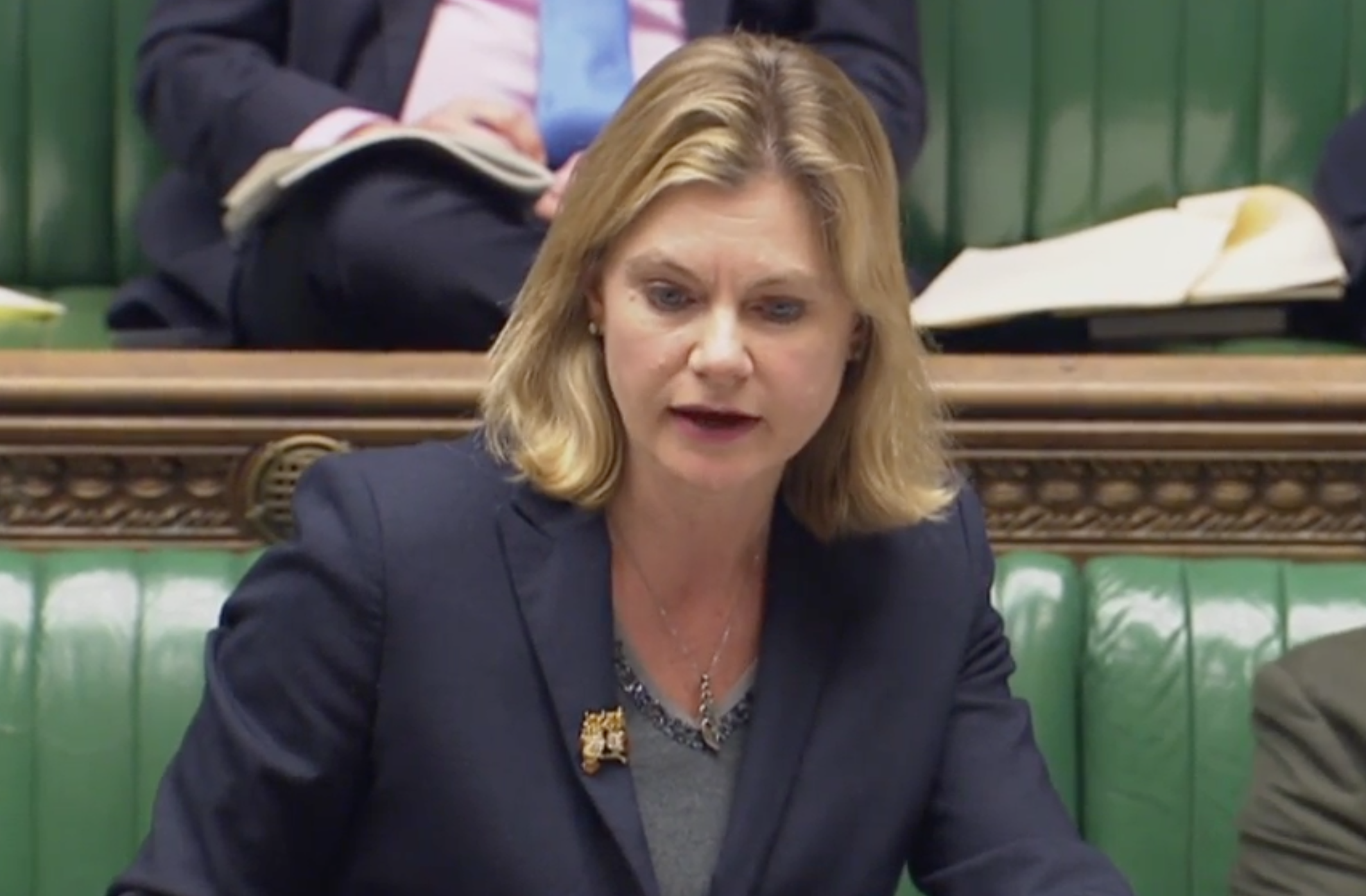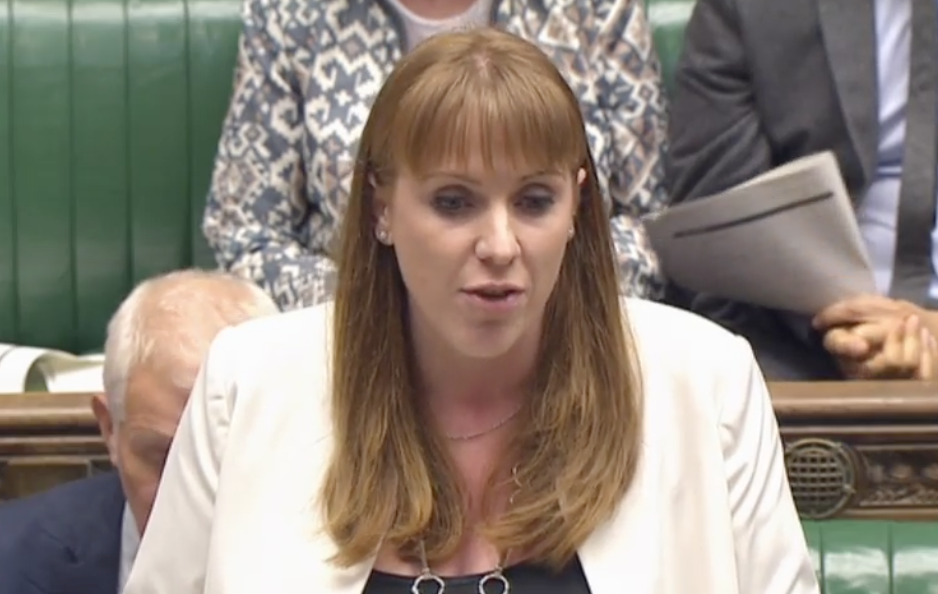Theresa May’s school places plan won't happen until after 2020
The Independent last week revealed a major funding shortfall in the plan

Your support helps us to tell the story
From reproductive rights to climate change to Big Tech, The Independent is on the ground when the story is developing. Whether it's investigating the financials of Elon Musk's pro-Trump PAC or producing our latest documentary, 'The A Word', which shines a light on the American women fighting for reproductive rights, we know how important it is to parse out the facts from the messaging.
At such a critical moment in US history, we need reporters on the ground. Your donation allows us to keep sending journalists to speak to both sides of the story.
The Independent is trusted by Americans across the entire political spectrum. And unlike many other quality news outlets, we choose not to lock Americans out of our reporting and analysis with paywalls. We believe quality journalism should be available to everyone, paid for by those who can afford it.
Your support makes all the difference.Theresa May’s flagship education pledge to create 70,000 new school places will not happen until after the 2020 general election, the Education Secretary has confirmed.
Justine Greening was told in the Commons this afternoon that it was “answer time” after The Independent last week revealed a huge funding shortfall in the promise to create new grammar school places – announced personally by the Prime Minister ahead of the Budget.
The Education Secretary on Monday pledged “further investment in the next Parliament” to make up the massive shortfall – effectively admitting that the 70,000 places would not be created before the 2020 general election.
Treasury officials had confirmed that the £320 million in the Budget for the places before 2020 would only deliver 13,000 places by that year rather than the 70,000 promised by the Prime Minister. The Department for Education had said the funding for the policy would be “set out at a later date”.
Labour’s shadow education secretary Angela Rayner on Monday told the House of Commons: “The Prime Minister promised last week to expand selective education with 70,000 new school places funded by £320 million in the Budget.
“Given that free school places cost over £21,000 each to create, that is not enough for 17,000 let alone 70,000.
“I set the education secretary a simple maths question last week and she didn’t answer, so now it’s time for a resit. How many places will be created and what what cost?”
Ms Greening hit back: “I’d have hoped she’d have welcomed the fact that we announced £500 million extra for school capital – not just for making sure we’ve got more places in the future for children that need them but also part of that was £200 million to improve the existing school estate.
“She asks about the number. I think she seems to have misunderstood the fact that the numbers relate to the amount being spent in this Parliament and of course there’ll be further investment in the next Parliament which again I would have hoped she would have welcomed.”

Ahead of the Budget Ms May said 70,000 free school places - many expect to be selective - would be created with £320 million.
However, information previously given by the Department for Education to the National Audit Office indicates that new free school places cost an average of £24,600, at which level the cash promised would only pay for 13,008 places.
Treasury officials said money set aside in the next parliament for the year 2021/22 would go further to meet the pledge, but even with that year’s extra £655m, only 42,073 places could be delivered.
A Department for Education spokesperson said last week: “The £320m announced at the Budget is the amount committed in this parliament, up to the 2020-21 financial year.
"The total budget required for opening these schools will be set out at a later date."
Join our commenting forum
Join thought-provoking conversations, follow other Independent readers and see their replies
Comments